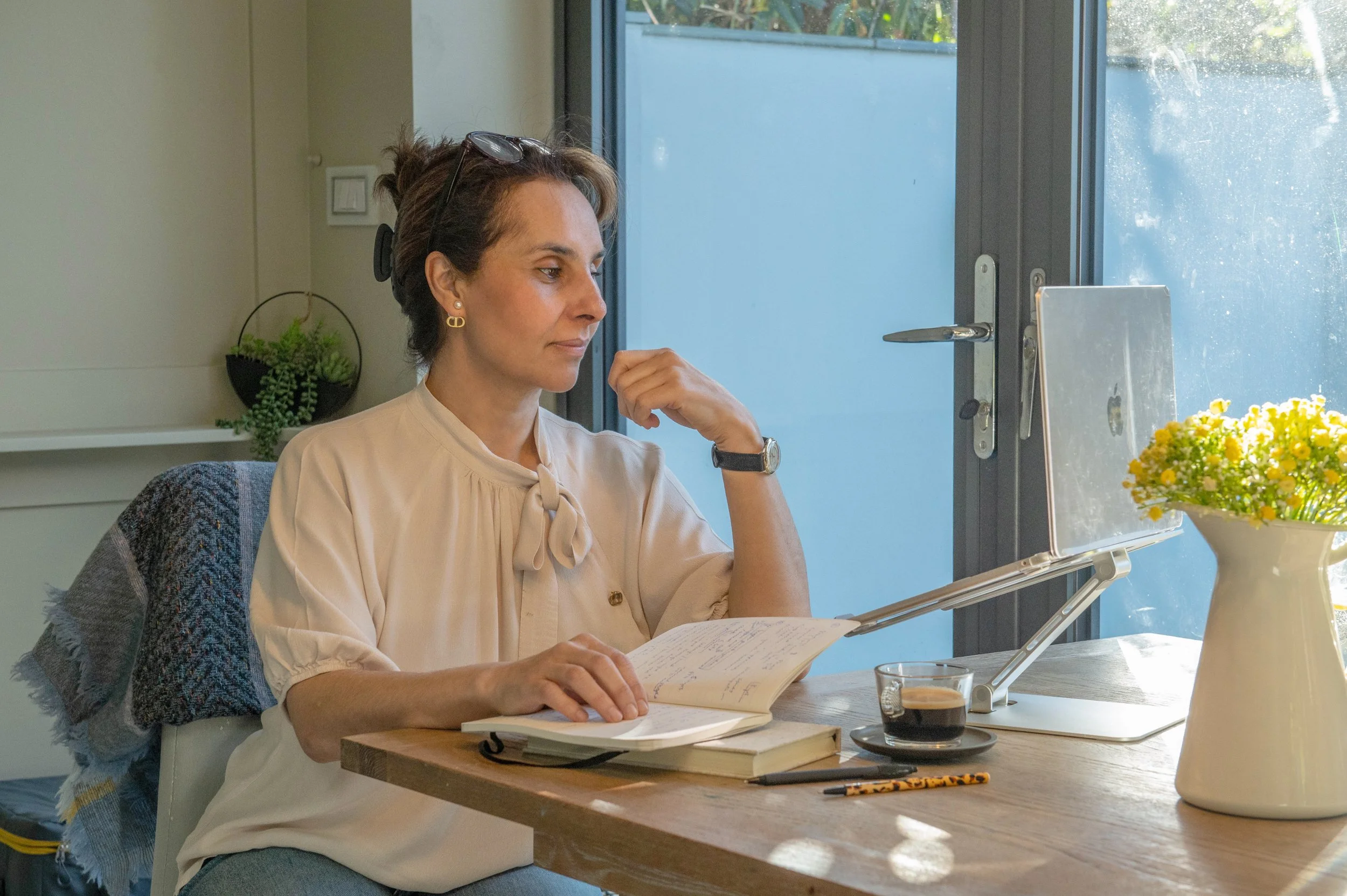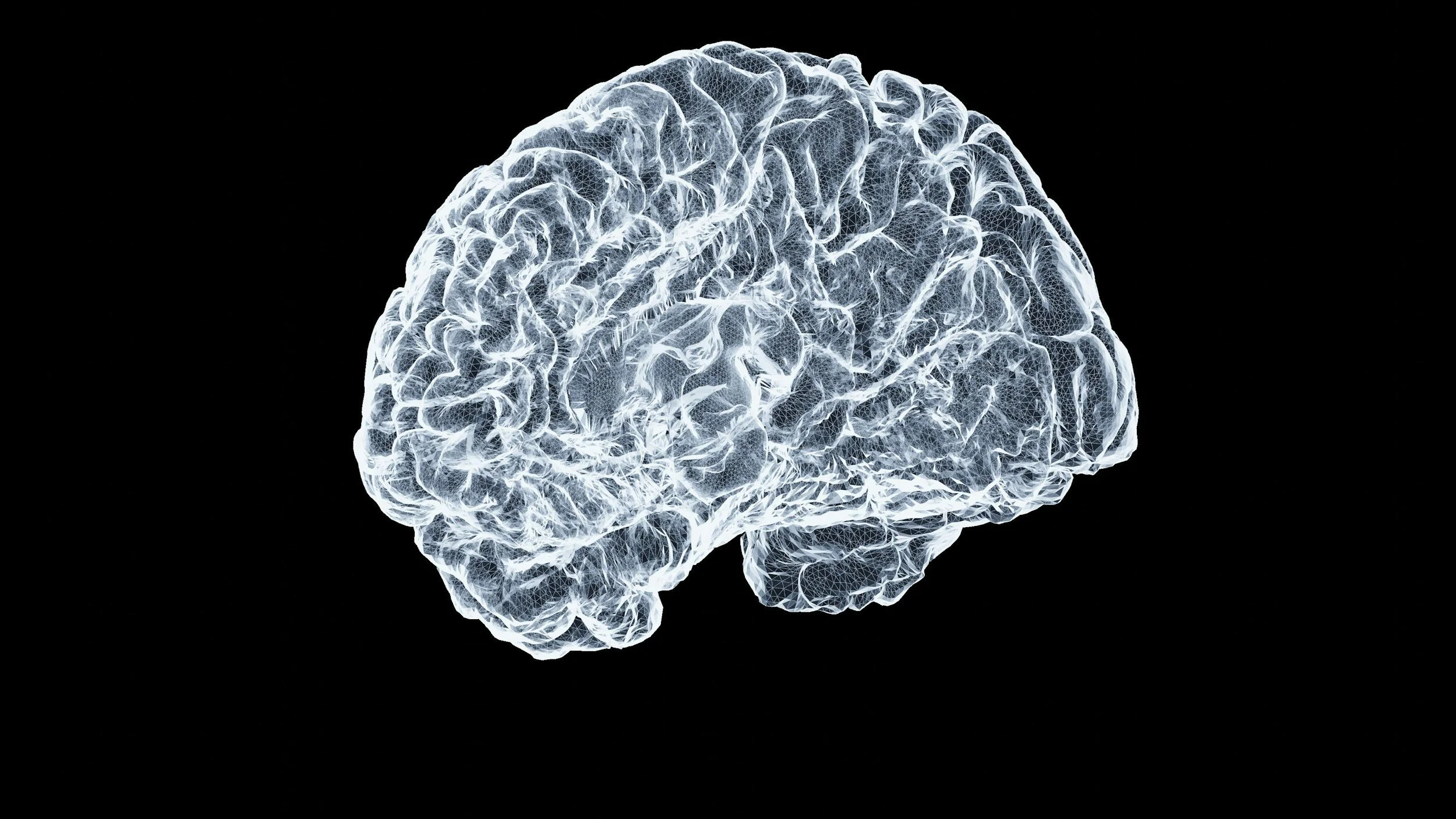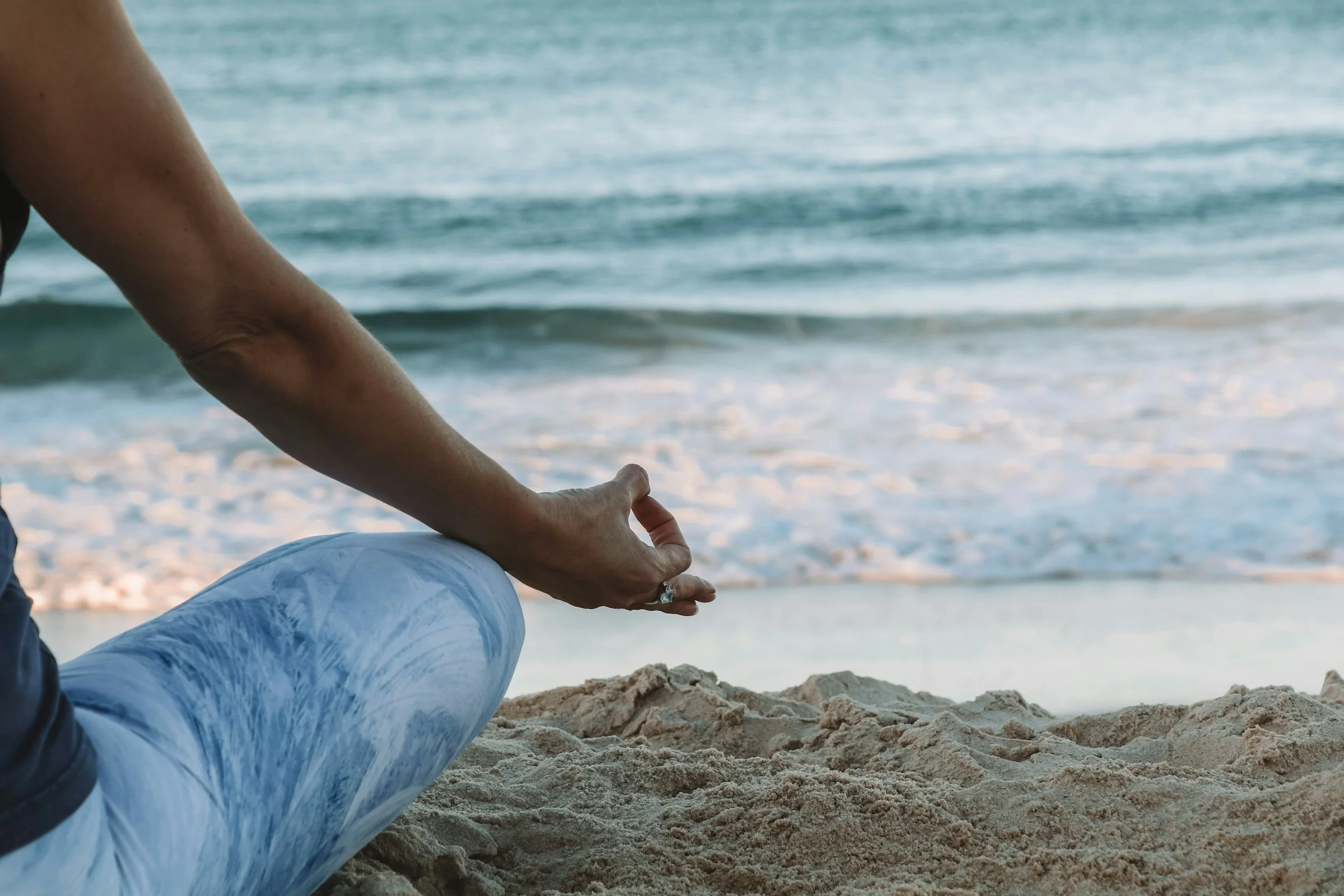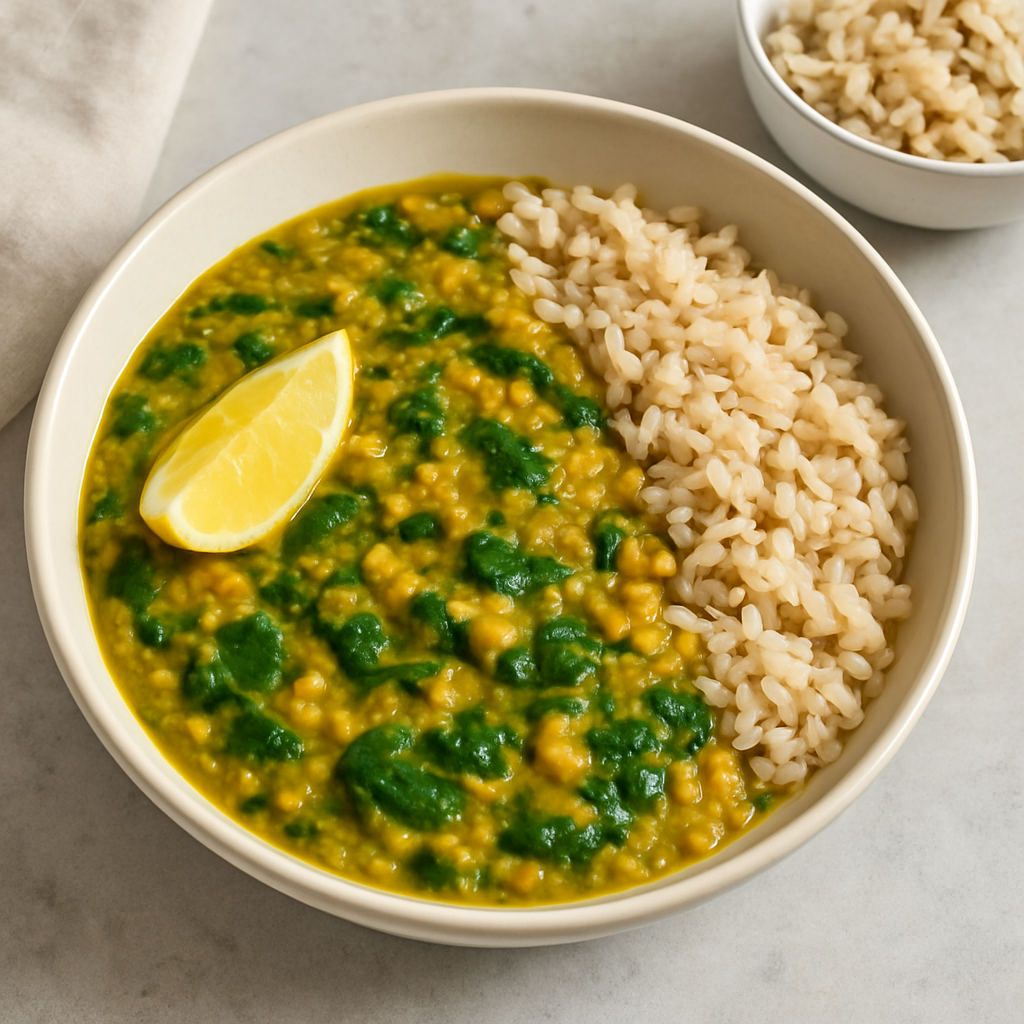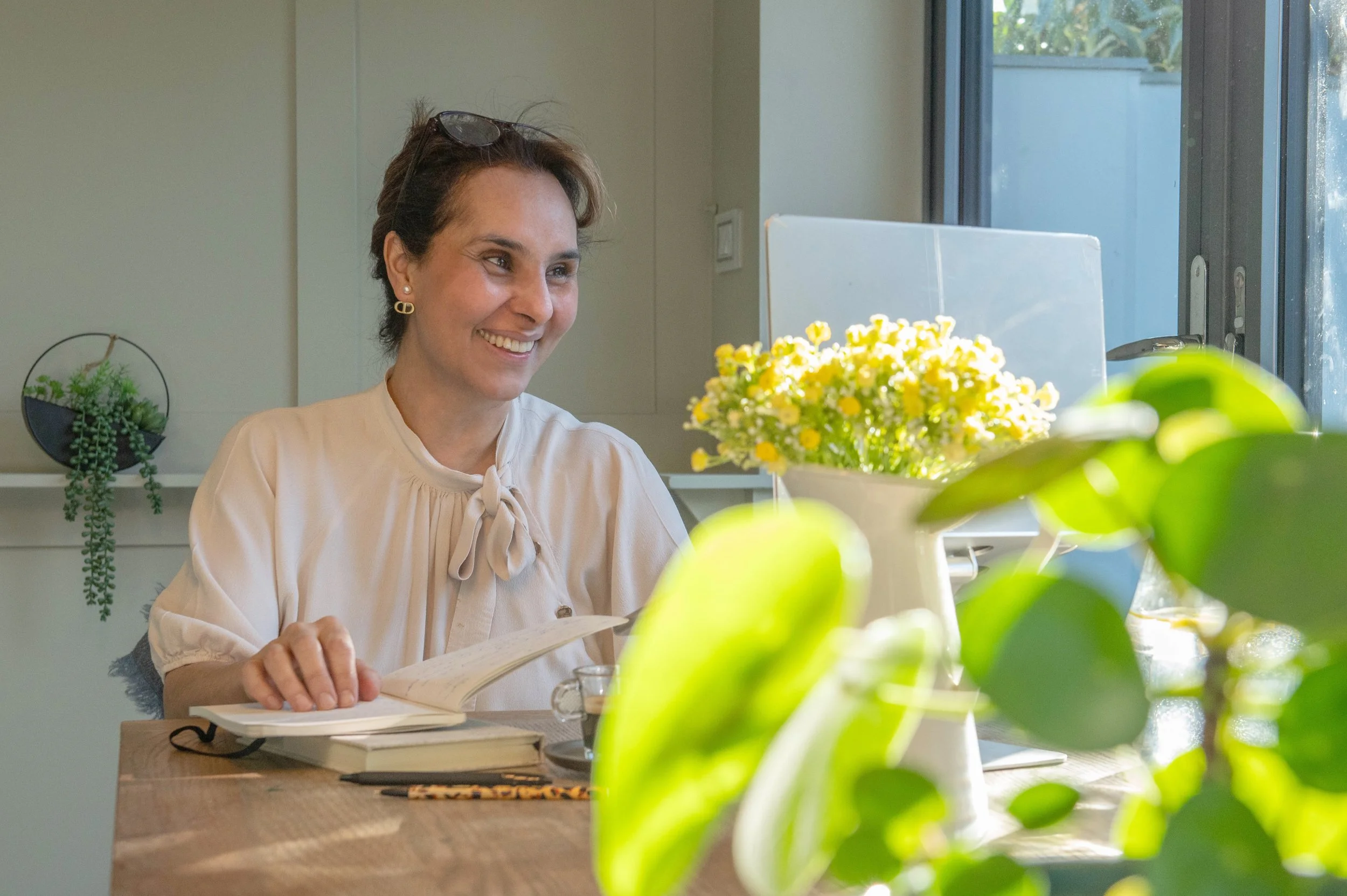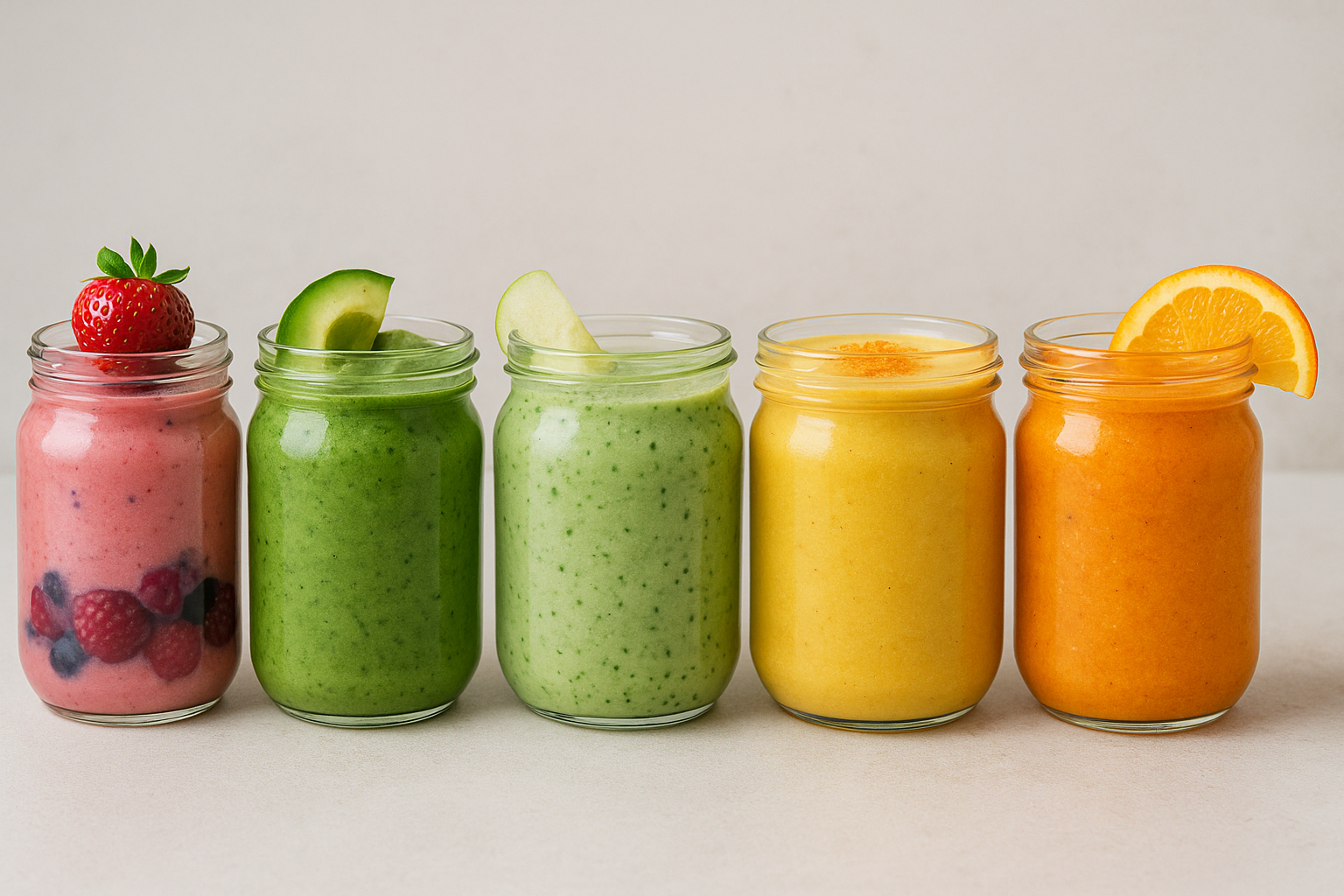
Explore our Free Health and Wellness Resources
A Doctor's Guide to Your Calm:
Understanding the Mind-Body Connection to Master Stress.
Hello, I'm Dr. Ros Jabar. As a medical doctor with a passion for holistic well-being, I’ve spent years observing the profound impact of stress on my patients' lives. I’ve come to believe that our current understanding of stress is incomplete.
The feeling of being overwhelmed is not a personal failing; it is a quiet epidemic that has become almost universal in the way we go about our daily lives in the UK.
The numbers are clear. A staggering 86% of UK adults feel stressed at least once a month, and one in nine (11%) feel stressed every single day.
This isn't just an emotion; it's a physiological state that impacts your entire life. This guide is designed to help you understand why, and more importantly, what you can do about it.
The Science of Stress (Simplified)
At its core, stress is your body's ancient "fight-or-flight" alarm system. In the past, it was a temporary response to a threat like a predator.
Today, our lives are filled with chronic stressors—from work pressure to money worries and lack of sleep—that keep this alarm system on all the time.
Chronic vs. Acute: When the Alarm Won't Turn Off.
This is where the problem starts. When the alarm won't turn off, the constant presence of stress hormones like cortisol begins to disrupt everything from your sleep to your digestion. It is not your fault; it is a natural human response to modern pressures.
Take Our Health Quiz
⋆
Take Our Health Quiz ⋆

Building Your Resilience from the Inside Out.
The evidence is clear: stress is a multi-layered problem, and a truly effective solution requires a holistic, multi-faceted approach. Here are a few evidence-based strategies from our WHiL principles to get you started.
Your Holistic Toolkit:


